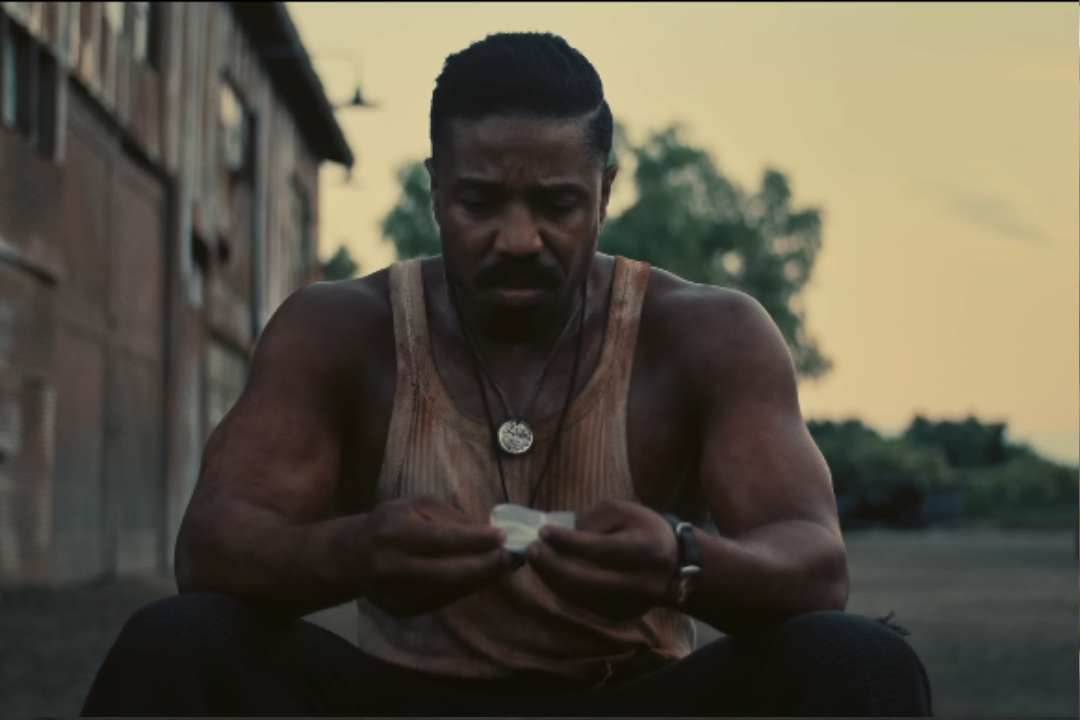Keanu Reeves’ ‘Constantine’ Was Not a Direct Copy From the Comic, Reveals Director 2 Decades Later

via Imago
Image courtesy- Imago
Comic book adaptations have always walked on thin ice over the problems with source inaccuracies and creative limitations. And even now, it is one of the many chaotic threads that stitch Marvel and DC comics’ universe despite its conviction that they are as apart as the multiverse allows them to be. Twenty years after the release of Constantine, the director recently opened up about Keanu Reeves’ role and how it was meant to steer clear of copying the comic character from the top to toe.
Although certain creative differentiations are imminent in silver-screen adaptations, how did Constantine tango on its own?
How was Keanu Reeves’ Constantine different from the comics?
ADVERTISEMENT
Article continues below this ad
On a recent episode of the Happy Sad Confused podcast, Constantine director Francis Lawrence and star Keanu Reeves joined Josh Horowitz for a trip down the comic lanes in the wake of its 20th anniversary. “Our Constantine, you know as I jumped into it, is not the comic book...,” Reeves admitted and Lawrence followed up with an explanation. Although the filmmaker loved the “spirit of Constantine” and the actor played a version, it was not a copy of the comic edition, citing there was no hard-bound rule John Constantine had to be blonde.
Lawrence shared they were not inclined to force an English accent on the character or the color of his coat for a matter of fact, which was brown in the movie but black in the comic pages. The director confessed that creative interpretation was prioritized rather than mirror work. Horowitz noted the timing really worked out for them since nowadays, studios are constantly on their toes about “appeasing” the hardcore fandoms first who are steadfast in their belief of comic ideas from the pages and refuse creative liberation even by a nick.
While comic adaptation lamentation over inaccuracies has been on a spike in the last few years, Francis Lawrence was not fumbling on these thoughts when he chose LA over London.
Francis Lawrence shares why Keanu Reeves’ Constantine dwelled in LA
John Constantine from the comic was born in Liverpool, London. But Constantine played by Keanu Reeves in the 2005 flick was set in Los Angeles. In their discussion on the Happy Sad Confused podcast, Josh Horowitz asked the actor the reason behind this departure and its symbolism before Reeves redirected it to Francis Lawrence. The director’s vision was drawn from the “noir aspects of the story,” having been a fan of The Maltese Falcon and Third Man.
ADVERTISEMENT
Article continues below this ad

via Imago
2023 BottleRock Napa Valley – Day 2 Keanu Reeves seen onstage at The William Sonoma Culinary stage during BottleRock at Napa Valley Expo on May 27, 2023 in Napa, California. Photo: Casey Flanigan/imageSPACE/Sipa USA NAPA CA USA NOxUSExINxGERMANY PUBLICATIONxINxALGxARGxAUTxBRNxBRAxCANxCHIxCHNxCOLxECUxEGYxGRExINDxIRIxIRQxISRxJORxKUWxLIBxLBAxMLTxMEXxMARxOMAxPERxQATxKSAxSUIxSYRxTUNxTURxUAExUKxVENxYEMxONLY Copyright: ximageSPACEx Editorial use only sipausa_46581846
Lawrence also read a lot of Jim Thompson novels, which led to his thinking that Los Angeles would be the perfect modern noir setting for Constantine. After setting the narrative there, they hired Naomi Shohan, the production designer to help them with the “nooks and crannies” of LA. The filmmaker praised Reeves for sticking to his guns of filming there, a bold move then when Toronto was the go-to LA stand-in. He joked about it, but the movie becoming a massive hit proves that comic adaptation can nail it without just playing copycat.
ADVERTISEMENT
Article continues below this ad
Were you aware of the comic and cinematic differences in Constantine starring Keanu Reeves? Let us know in the comments below!
ADVERTISEMENT
Edited By: Aliza Siddiqui
ADVERTISEMENT
ADVERTISEMENT









